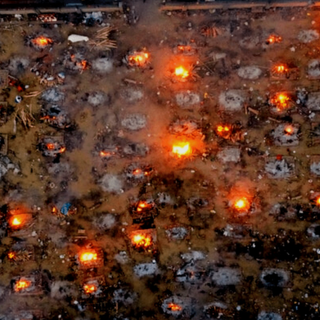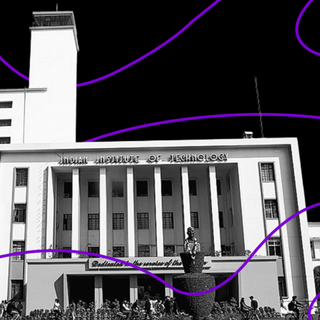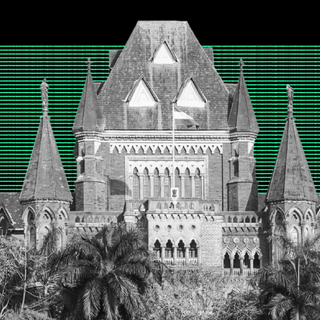The United Kingdom has issued an apology to India, among other countries, for treating the deceased soldiers who fought during World War I unequally. A report revealed the way British officers meted out racist and prejudicial treatment to soldiers from India and Africa.
“On behalf of… the government both of the time and today, I want to apologize for the failures to live up to their founding principles all those years ago and express deep regret that it has taken so long to rectify the situation,” Ben Wallace, U.K.’s Secretary of State for Defense, said in their Parliament.
The report, prompting the apology, was published last week by the Commonwealth War Graves Commission (CWGC), an organization responsible for commemorating the war dead. CWGC constituted a committee in 2019 to investigate gaps in the commemoration of victims of the first World War. This committee found that almost 50,000 casualties from India, Africa, and the Middle East, have not been commemorated the same way as their white counterparts. Their names were merely mentioned in registers, rather than being engraved in stones. Potentially 350,000 casualties may not have been commemorated by name, or in fact, commemorated at all, the report adds.
The committee acknowledged the possibilities of error given the scale of the war, but noted the errors should then have affected casualties of varied races and religions equally. “Given the pressures and confusion spun by such a war, in many ways it is hardly surprising that mistakes were made… What is surprising, however, is the number of mistakes — the number of casualties commemorated unequally, the number commemorated without names, and the number otherwise entirely unaccounted for,” the committee stated in its report.
Related on The Swaddle:
Canada Returns a Statue Stolen from Varanasi 100+ Years Ago
The report was strongly critical of the racial bias demonstrated by the Imperial War Graves Commission (IWGC), a British institution charged with burying and commemorating those who died in the war. IWGC was formed in 1917, and in 1960, it was renamed as the CWGC. The report criticized their “entrenched prejudices, preconceptions, and pervasive racism,” which was a result of the officials’ exercising their “overarching imperial ideology connected to racial and religious differences… to divide the dead and treat them unequally.”
The culture of remembrance around our war dead has been a growing discourse over the years. Many historians note how Indian soldiers participating in WWI were not dignified with services in India, as they fought a war for ‘British India,’ which included Pakistan and Bangladesh, and not India as it stands today. Yet, it still remains a war where the Indian Army had sent more than 1.2 million soldiers — the lack of recognition accorded to their sacrifices is especially jarring.
Previously, the IWGC had claimed that Indian soldiers didn’t really careabout their names being recorded on graves or headstones — they wouldn’t have appreciated these gestures, IWGC said. “From my research, I knew that this was not true at all,” Shrabani Basu, historian and author, who was part of the committee, told The Wire, adding “they wanted to be remembered.”
“There can be no doubt prejudice played a part in some of the Commission’s decisions,” Ben Wallace noted. “Whilst we can’t change the past, we can make amends and take action.” Historians note that while the apology is appreciated, the report is an important reminder of imparting restorative justice — a more cohesive response to the legacy of the dead.
A Member of Parliament David Lammy told BBC News that he was “really, really pleased that the dignity that these men deserved — who were dragged from their villages and commandeered to work for the British Empire — that dignity that they deserve in death can be granted to them.”




